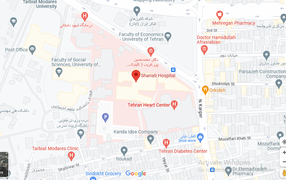Protein engineering of recombinant human bone morphogenetic protein 2 with higher interaction with Ca phosphate based scaffold used for osteogenesis

Abstract
The aim of the present study was to assess the recombinant bonemorphogenetic protein 2 (RHBMP-2) with higher substantively and solubility for use in calcium phosphate scaffolds for better release in differentiation of mesenchymal stem cells to osteoblast cells. Using bioinformatics tools, two mutations (p. L10D and p. S12E) were chosen and applied in BMP2 CDS sequence to increase interaction with calcium derived composite. The new recombinant mutated sequence (BMP2mut) was synthesized and then subcloned to expression vector pBV220. Experimental data regarded functional protein expression in E. coli. Since no modification was made in the active sites of proteins namely β-sheets and α-helixes, not only was there any change in the specific activity occurred in the specific activity of the enzyme in comparison to its commercial counterpart, but also mesenchymal osteogenesis occurred more efficient on biphasic CaP scaffold model. As we hypothesized, use of negatively charged amino acids such as aspartate and glutamate in protein loops increased the interactions of BMP2-Ca2+ and resulted in its slower and more sustained released from CaP scaffolds compare to commercial RHBMP2. Our data suggested that new BMP2mut have greater osteoinductive capacity than RHBMP2 in the same time and dose than RHBMP2. © 2017 Wiley Periodicals, Inc. J Biomed Mater Res Part A: 105A: 2799–2805, 2017.



